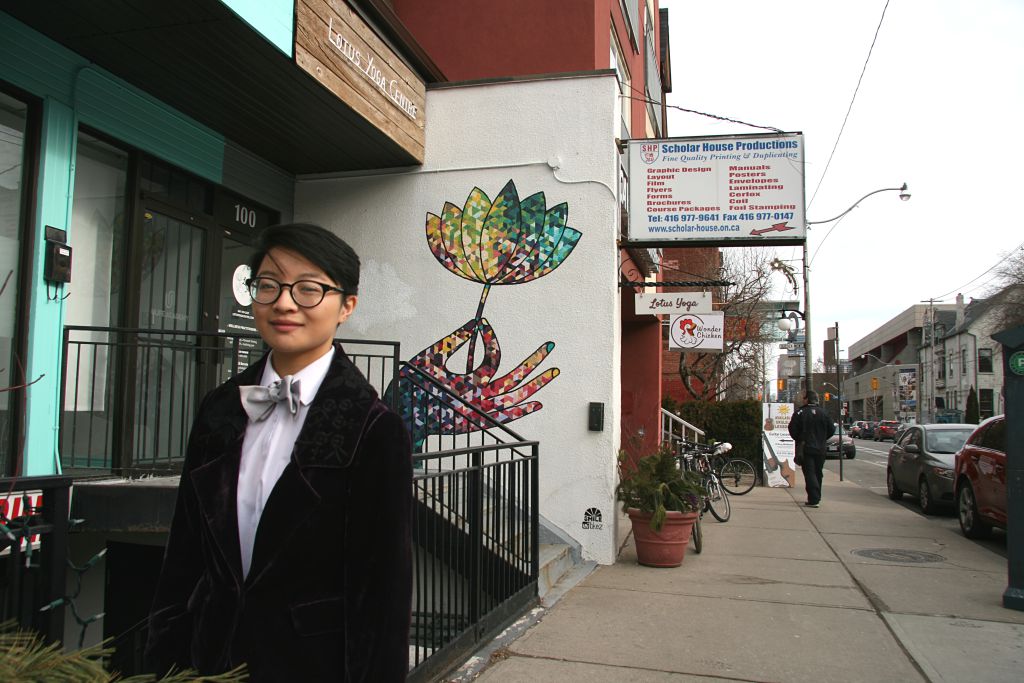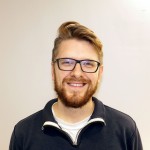Asexuality 101 coming to George Brown
In the opening scenes of the documentary (A)sexual, asexuality advocate David Jay remains patient and on point even as his identity is made fodder for the punchlines of television hosts. In a 2006 interview on US talk show The View, co-host Star Jones questions why Jay feels the need to discuss asexuality, asking “if you’re not having sex, what is there to talk about?”
While the cringe-worthy exchange is close to a decade old, folks who identify as asexual, (experiencing little or no sexual attraction to others), or aromantic, (someone with little or no desire for romantic relationships), still face challenges around their orientation and choices.
Sebastian Grace, is an organizer with local asexual and aromantic group Ace Toronto. For Grace, challenges facing asexual folks range from an institutional bias towards romantic relationships to individual efforts to pathologize asexuality as a kind of defect.
“Some people will try to dismiss some one’s asexual identity by saying things like, ‘were you abused as child?’ Or ‘you should go see a doctor and get that fixed’,” said Grace.
Grace thinks marginalized communities interact with asexuality in specific ways, where asexual people of colour might experience both a prejudice against asexuality and sexual stereotypes about their race.
In its mission statement, Ace Toronto points out that marginalization based on race, gender, class, age, and more has limited access for some to the asexual community. As such, the Toronto-based group works to create inclusive spaces for those who have been excluded from its community.
This month, Ace Toronto is teaming up with the Community Action Centre (CAC) at George Brown College to run the workshop, Asexuality 101 on Feb. 25, at Waterfront campus’ room 225 from 2:30 p.m. to 4:30 p.m.
“The workshop will be a great opportunity for students and staff members to learn and ask questions in a safe and supportive environment,” said Sarah Rayner, LGBTQ students’ support staff with the CAC. The session is part of CAC’s Sexual Health and Wellness Week.
“By including asexual and aromantic communities in our programming, we’re hopefully giving people a place where they feel represented, welcomed, and celebrated.”



